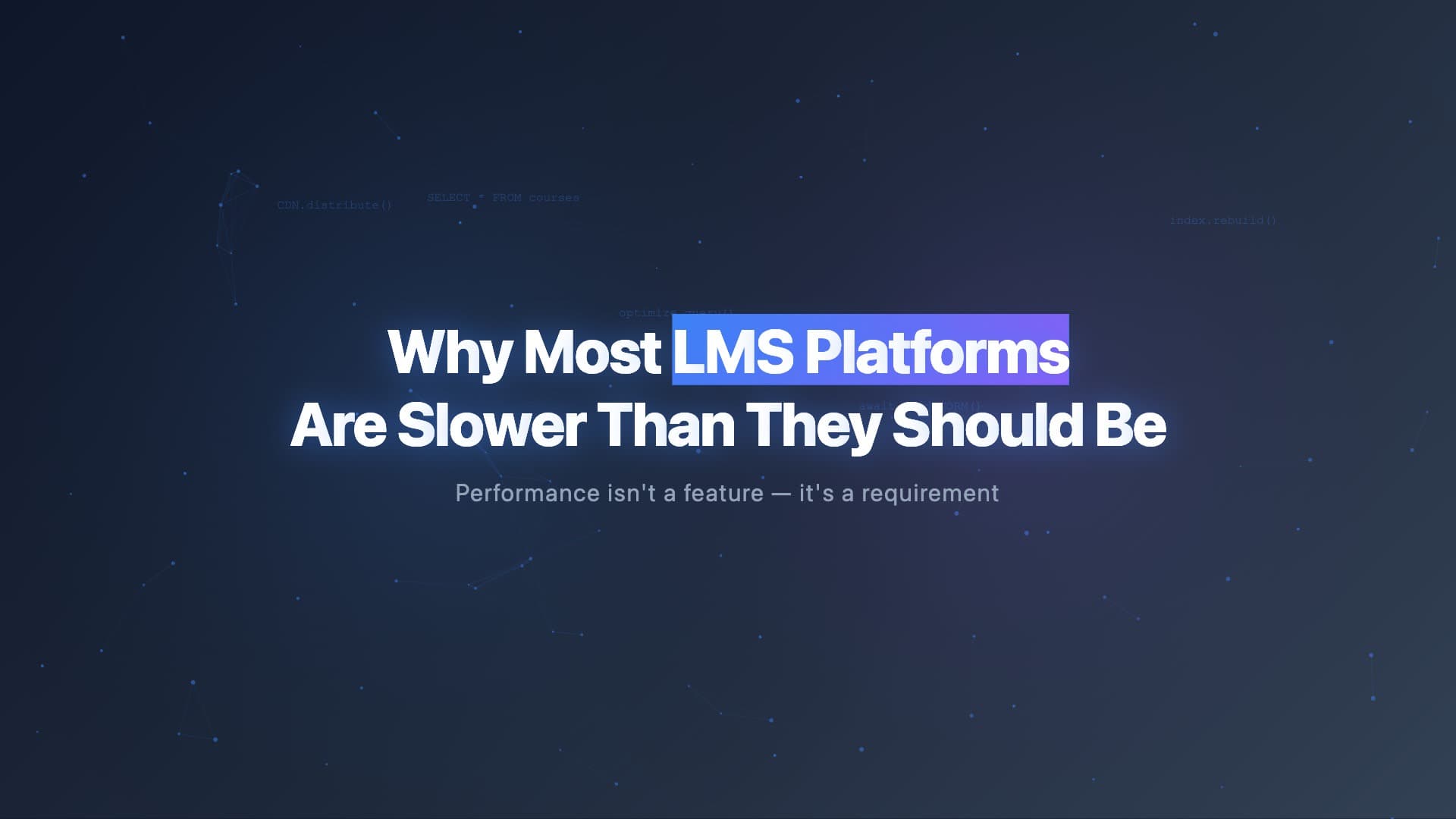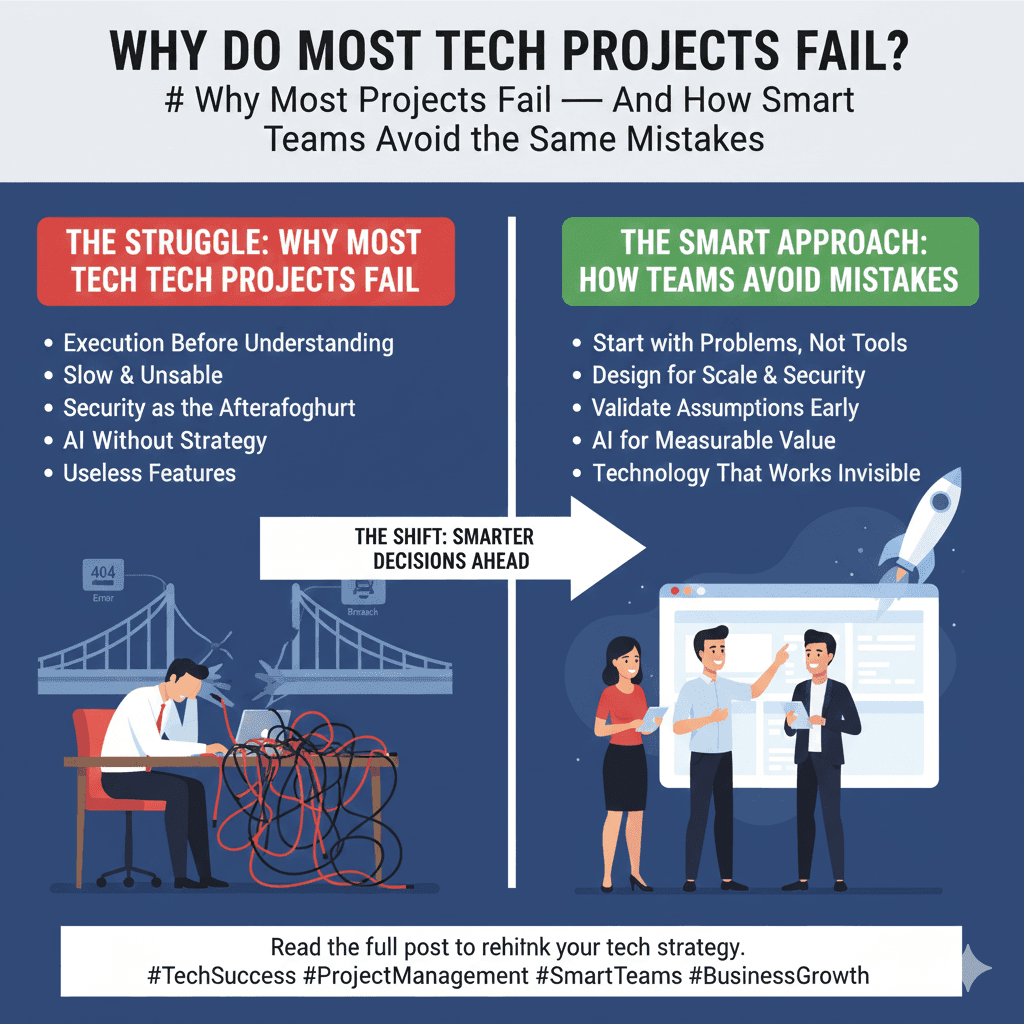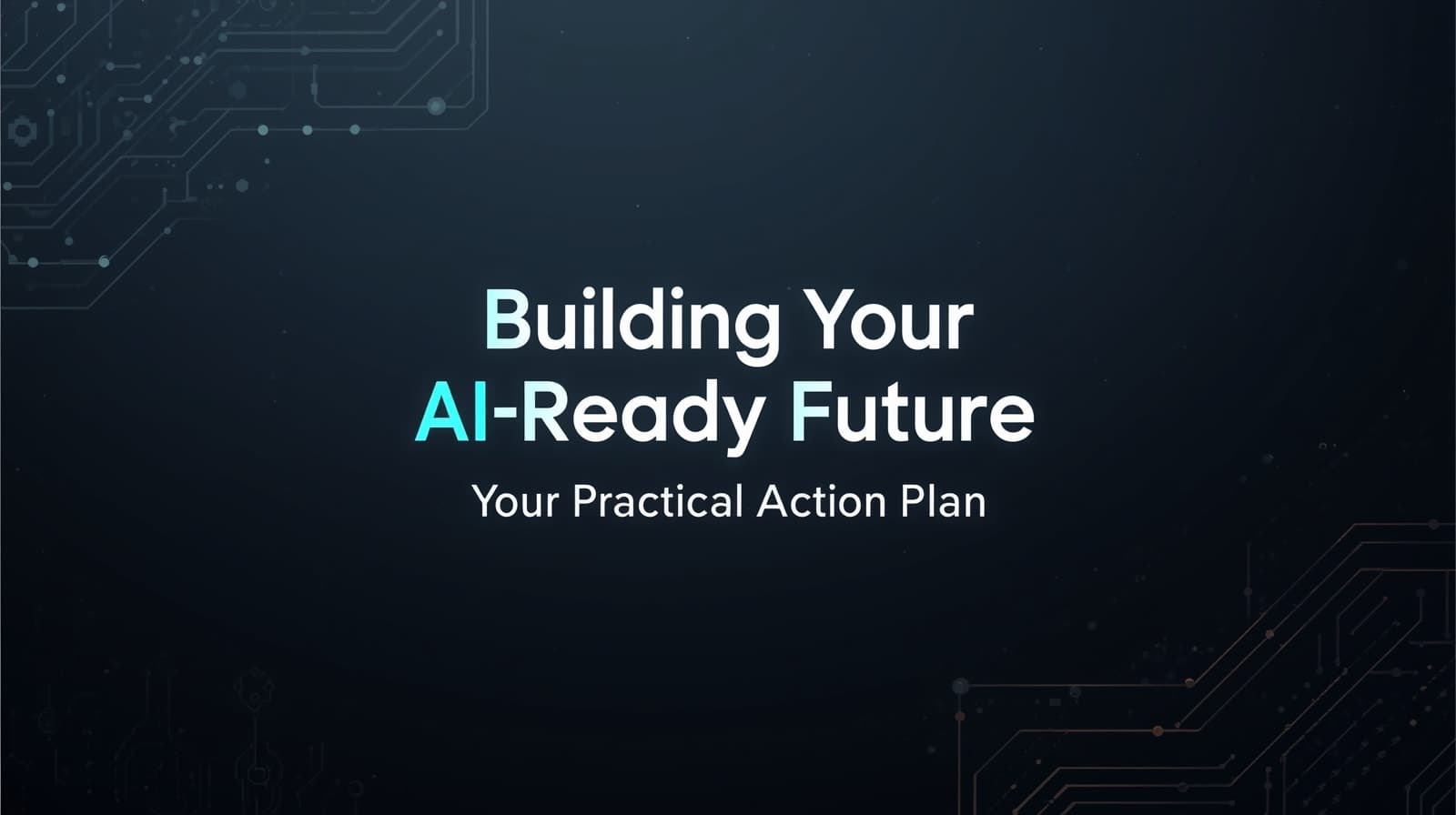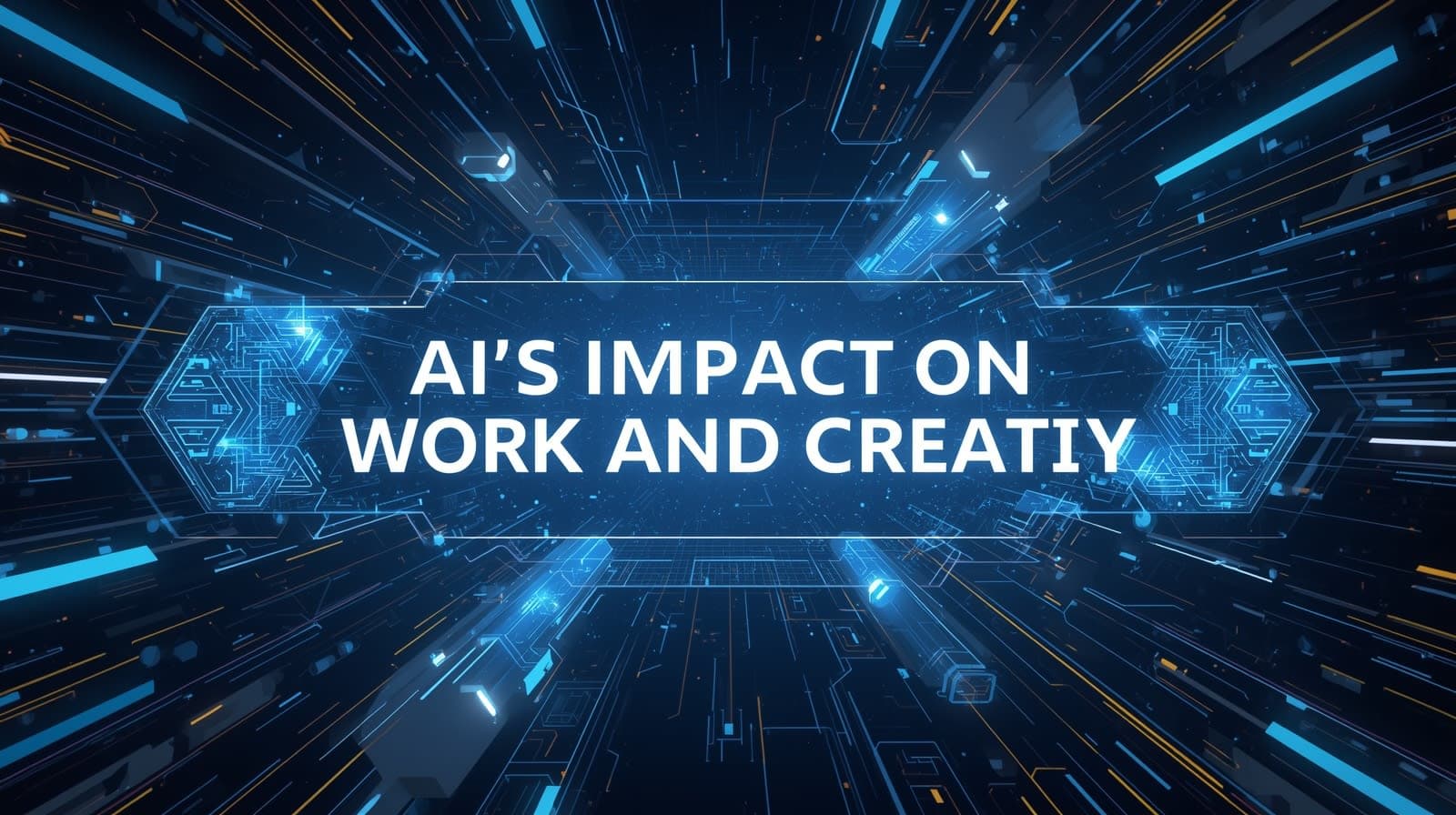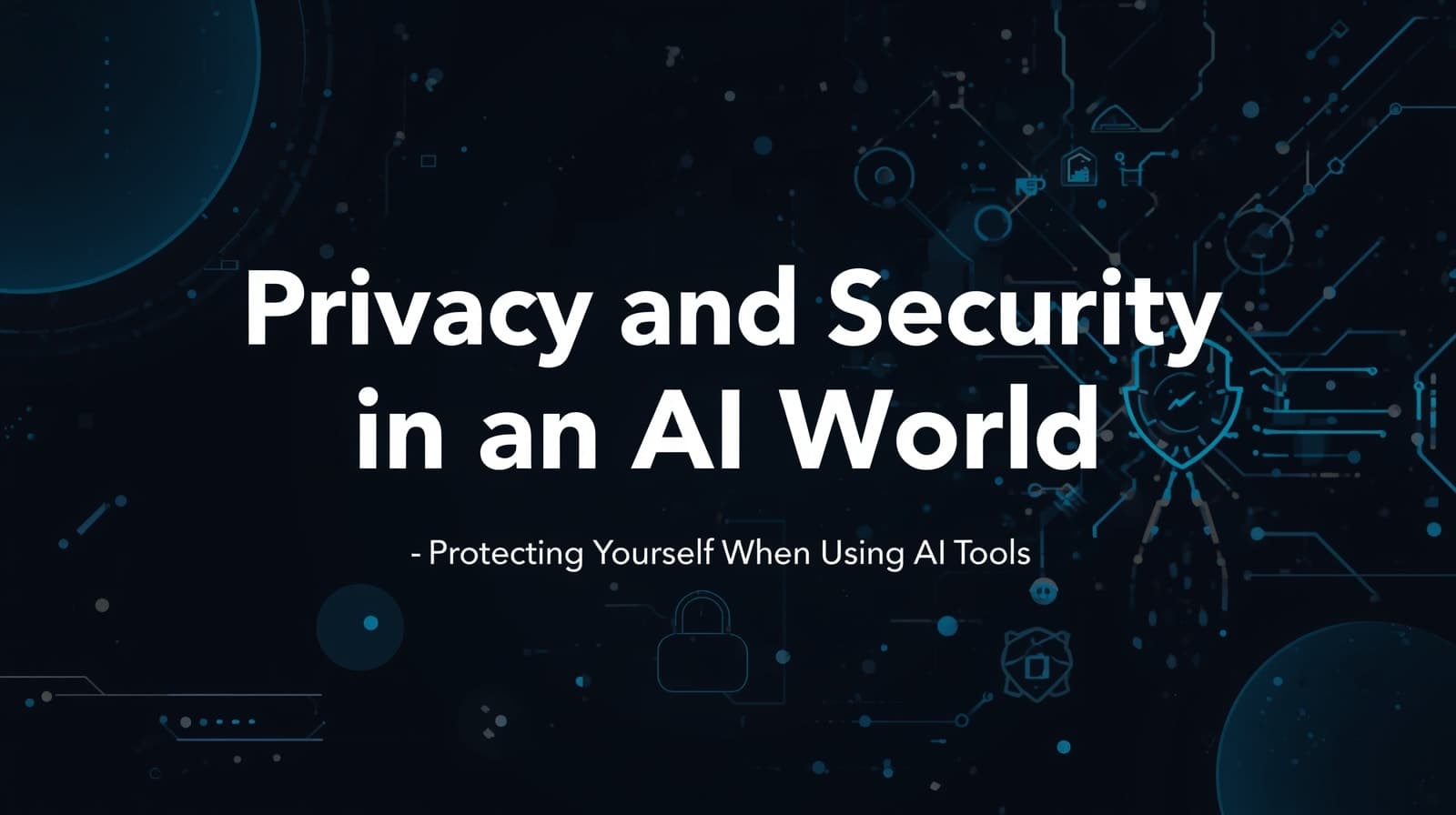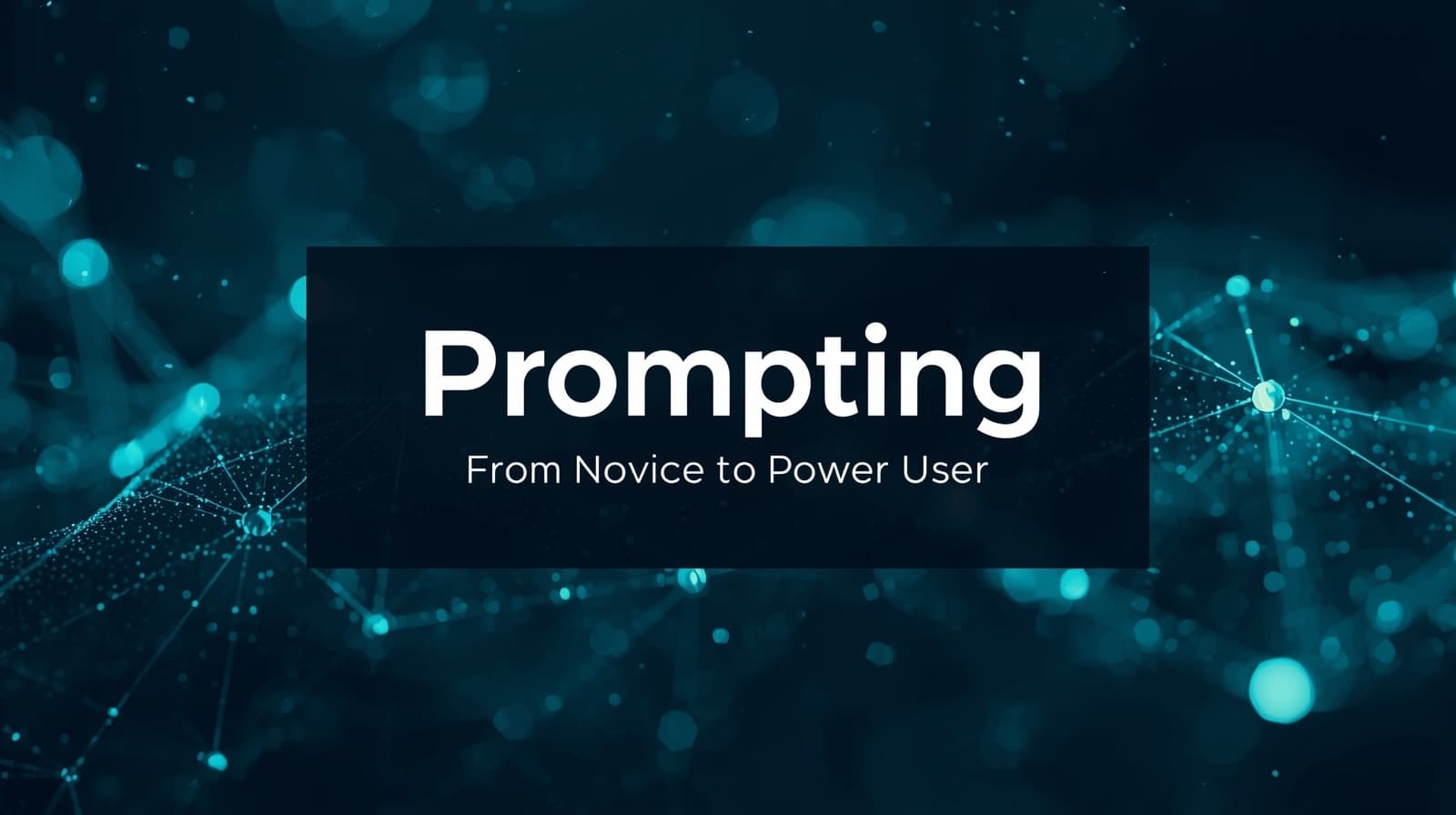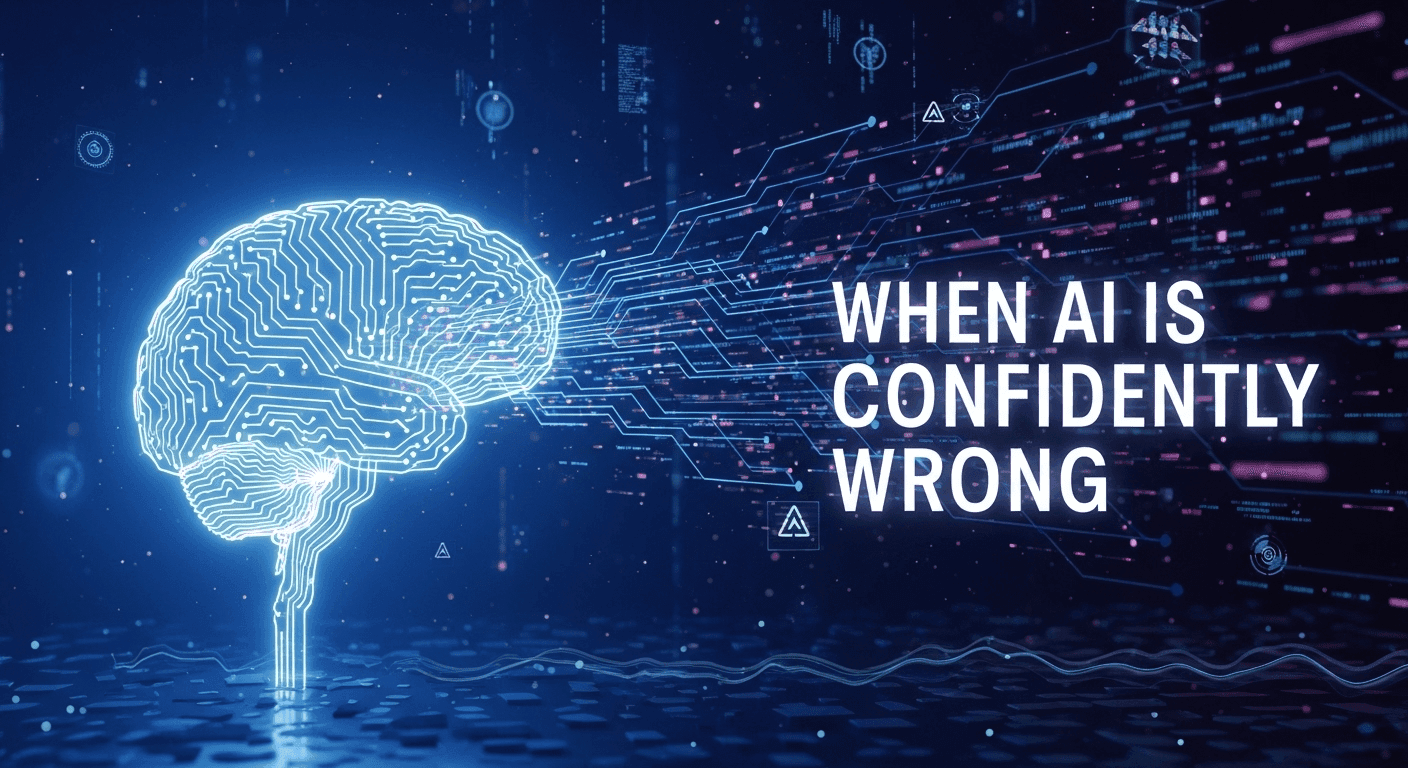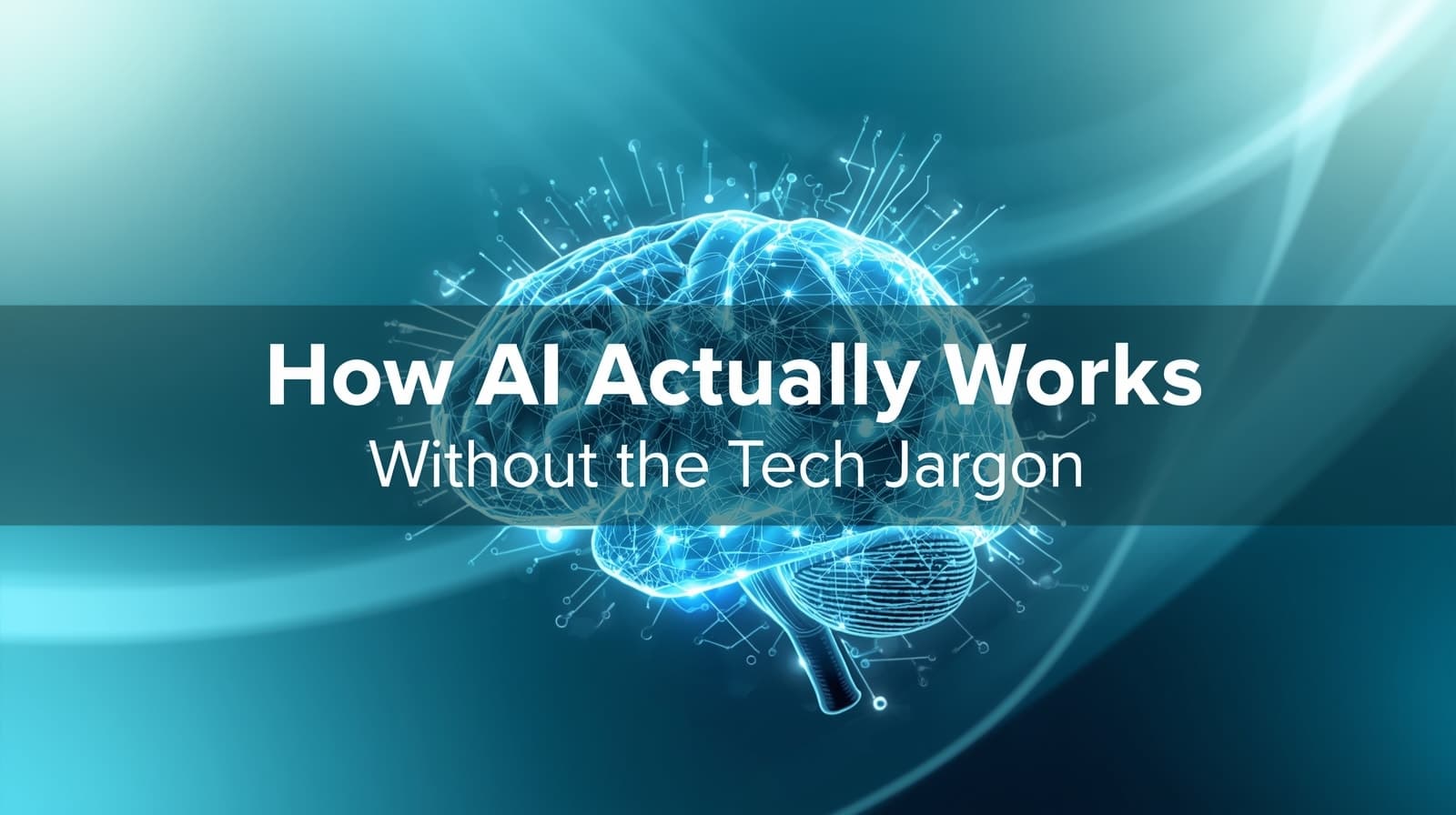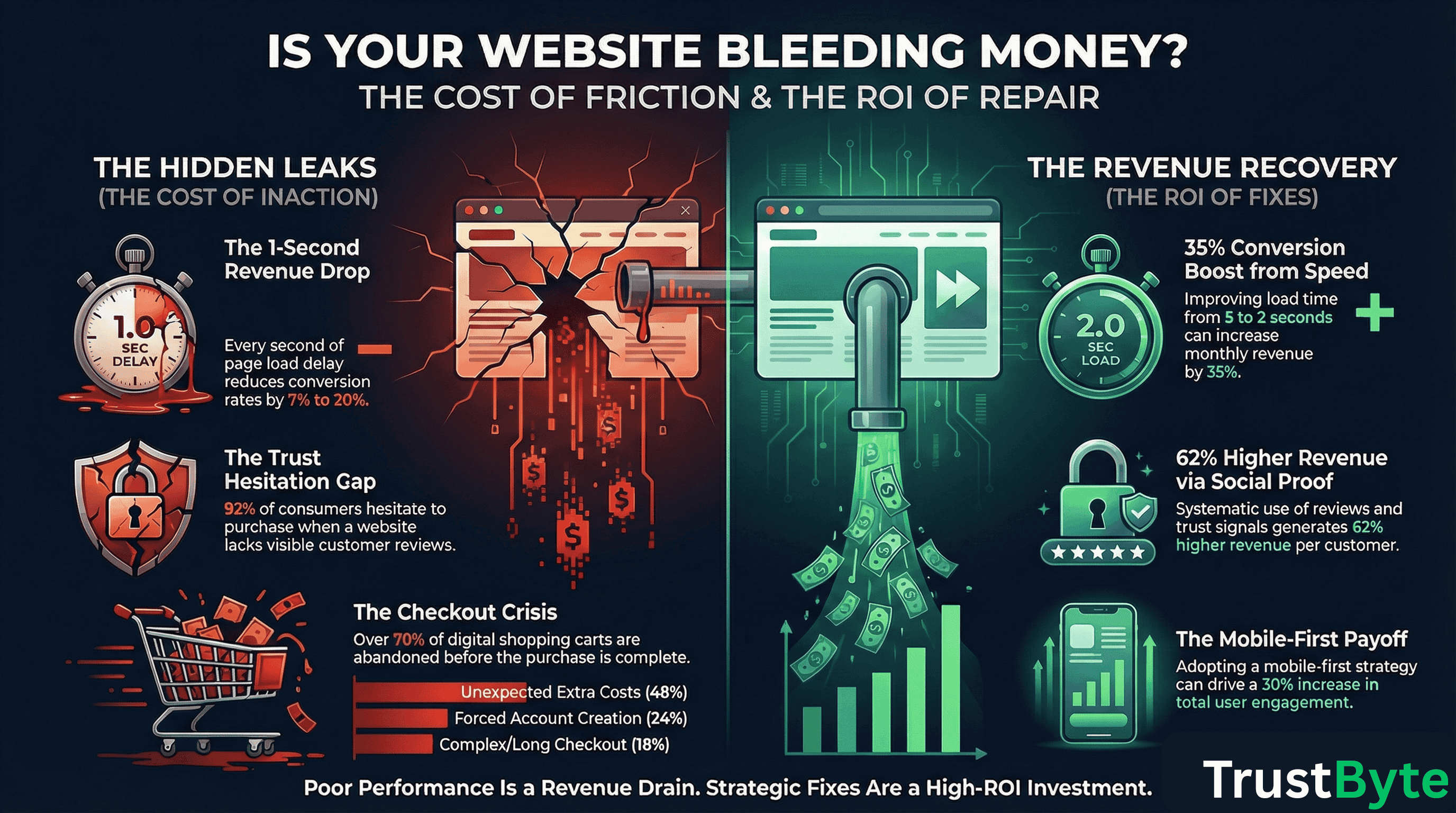
Why Your Website is Bleeding Money (And the 5 Fixes That Actually Work)
Most websites lose money every day due to slow performance, poor mobile experience, confusing navigation, missing trust signals, and broken checkout flows. This article breaks down the five biggest reasons your website is bleeding revenue and the proven fixes that can increase conversions by up to 5× without spending more on ads.

